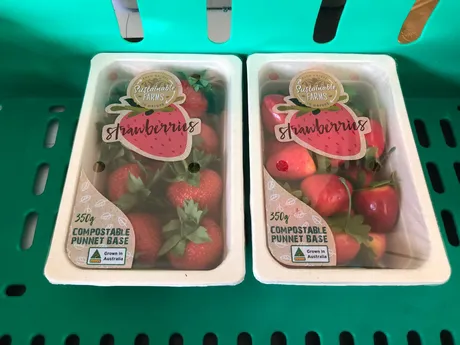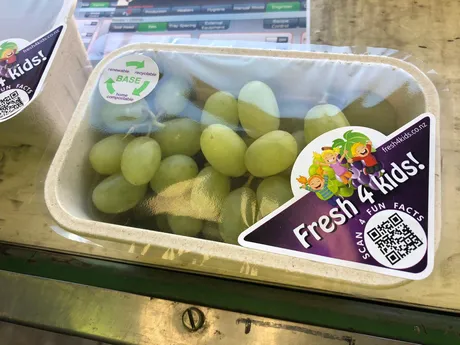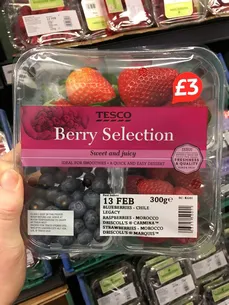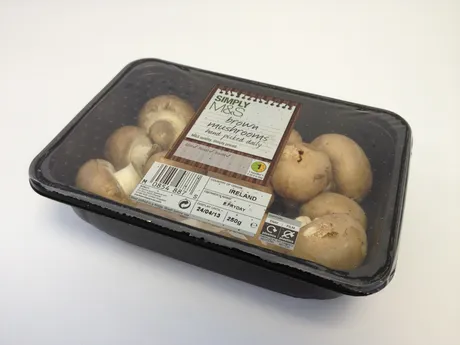As pressure mounts on all sectors to reduce the amount of plastic used in packaging Gary Lee, Sales Manager at Proseal Australia explains how the company's top seal solution can reduce the plastic.

"A considerable amount of the current packaging of fresh produce uses clam shells which include a base punnet with either a hinged lid or separate clip on lid. These are thermoformed products and whilst the top seal solution uses a thermoformed base punnet, exactly the same as the clamshell, the additional film used in creating the lid of the clamshell is removed which halves the original plastic roll width, effectively 50% reduction in plastic. A top seal solution uses a plastic film lid but this is far thinner in construction than the lid of a clamshell and it is this part where the plastic saving comes into effect. Purely by weight the amount of plastic saved is typically 35-45% in comparison to a clamshell."

What materials are the packaging made from? Top seal solutions can work with many base punnets, from APET, rPET plastics traditionally seen throughout the market place, to the latest developments with compostable materials such as wood pulp and sugar cane mulch. Additionally, foil trays are common and cardboard trays have recently entered the Australian market place in one major retailer.
Top seal solutions can work with many base punnets, from APET, rPET plastics traditionally seen throughout the market place, to the latest developments with compostable materials such as wood pulp and sugar cane mulch. Additionally, foil trays are common and cardboard trays have recently entered the Australian market place in one major retailer.
"To achieve the seal the film specification is critical however options for all base materials and applications are available with the very latest films comprising compostable material and also the films that are re-closeable."
Proseal’s eSeal technology in the design of machines with focused heat application to the tray flange (not the fruit within the tray - avoiding heat damage) and capability of up to 6 tons of sealing force means the vast majority of packaging tray and film combinations can be sealed all using the same machine.

Which sustainable options can top seal offer?
"This is an incredibly important point in the ongoing discussions regarding sustainability and re-cycling, I liken the Proseal tray sealing machine to the foundations of a house, we are the base to all tray sealing options. We can seal to nearly all options of tray material, whatever the customer wants and how they wish to achieve their green credentials whether compostable, cardboard re-cycling or plastic re-cycle, the Proseal machine can seal them all. You get the foundations of the house right, you can build anything you want on top!
"I think it is critical that we continue to work on the development of a solid re-cycling infrastructure within our country, and the rest of the World, as all the materials we have discussed here, especially plastics have a long term important part to play in ensuring our fresh produce is adequately protected against damage and preserved to reduce food waste. At the same time we need to continue to reduce, reuse and recycle."
Proseal will at Hort Connections 25 - 25 June, stand numbers 254, 231
 For more information:
For more information:
Sophie Templeton
Proseal Australia Pty Ltd
Tel: +61 (0) 3 9397 0955
Email: sophie.templeton@prosealaustralia.com
www.proseal.com
